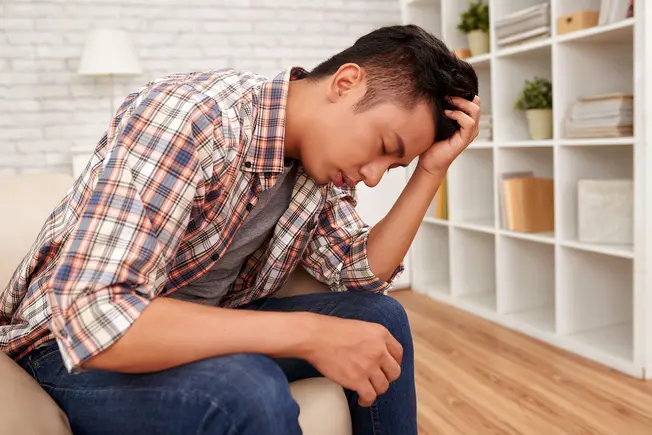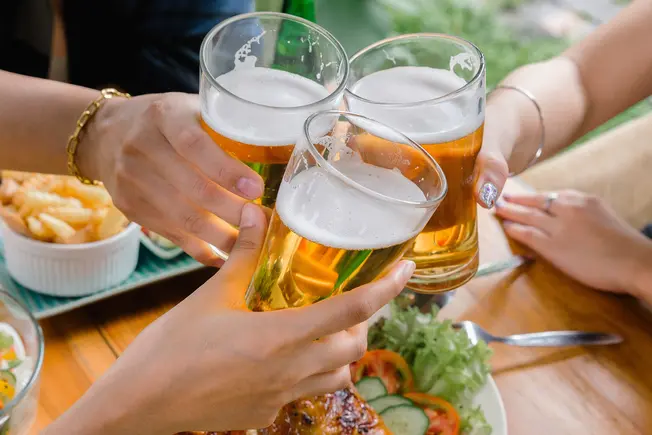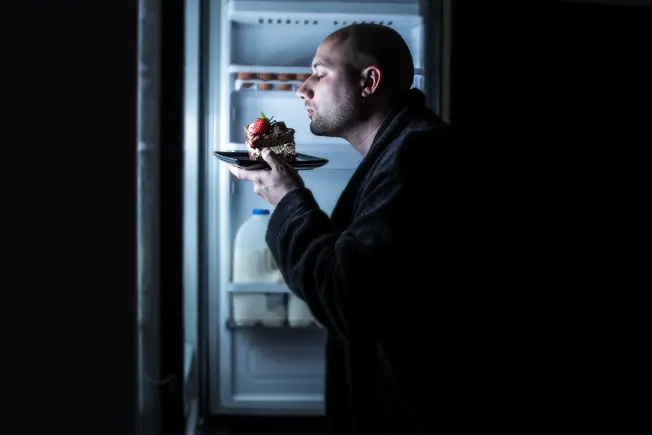Reviewed by Christine Mikstas, RD, LD

Stress
1/10
Long-term stress floods your body with cortisol, a hormone that plays a part in your fight or flight system. In order to refuel your body after a stressful encounter, cortisol makes you want to eat more. If stress is a near-constant state for you, those cortisol levels stay up and keep you reaching for the snacks.

Fatigue
2/10
When you don’t get enough rest, your levels of ghrelin (a hormone that makes you want to eat) go up. Meanwhile, your levels of leptin (a hormone that decreases hunger and the desire to eat) go down. These two hormones control feelings of hunger. The result: You feel hungry even if your body doesn’t need food.

Nerves
3/10
Eating is a handy outlet for the extra energy that comes with feeling edgy. Not only does it give you something to do, it also distracts you from whatever’s making you nervous. Or you might manage your stress by not eating at all. This can slow your system down because your body thinks it’s starving. When you finally do eat, you’re more likely to overdo it.

Anxiety
4/10
Anxiety has a strong link with eating disorders. Binge eating can be a way to help manage your worries and stress. Other things, from genes, depression, and mood disorders to trauma, addiction, or abuse can make you more likely to binge as a way to manage your emotions.

Peer Pressure
5/10
Not all emotional eating happens when you’re feeling down. It’s easy to get caught up in the fun of a social event and ignore the signs that you’re no longer hungry, or to feel an obligation to go along with the group.

Alcohol
6/10
Booze lowers your inhibitions, and that includes good judgment about when and how much to eat. It also makes you more likely to eat less healthy things, like foods full of fats and sugar. Studies show that drinking affects the part of your brain that monitors self-control, making it much harder to resist a tasty snack.

Pictures of Food
7/10
Sometimes all it takes is the power of suggestion to make you want to snack. Studies show advertising with food in it makes it more likely that you’ll grab whatever food you have on hand and chow down.

The Cost of Mindless Eating
8/10
Eating when you aren’t hungry can cause weight gain and other health issues like blood sugar problems. This unhealthy cycle won’t end unless you become aware of your cues and find other ways to respond to them.

Do You Need to Eat?
9/10
Real hunger hits you slowly, and it can be easy to postpone. You’re also more likely to feel satisfied from many options. Emotional or mindless eating comes on quickly and makes you crave specific foods. You may also respond to food availability and eat because the food is there. This makes you more likely to overeat — and feel guilty afterward, too.

How to Stop Mindless Eating
10/10
Find healthy outlets for your emotions, like exercise or meditation. Get together with friends who can support you in your quest to eat more mindfully. And keep junk food out of the house. That’ll make it easier to be healthy if you do eat your feelings.
webmd